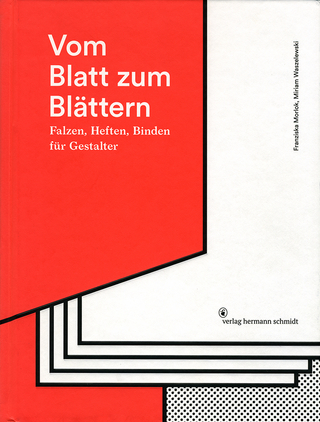
Convergence of Agenda Setting and Attitude Change Approaches
Media Effects and the Interaction between Media Messages, the Nature of Reality Underlying Media Issues and Mechanisms of Information Processing
Seiten
2009
VDM Verlag Dr. Müller
978-3-639-12830-7 (ISBN)
VDM Verlag Dr. Müller
978-3-639-12830-7 (ISBN)
- Titel nicht im Sortiment
- Artikel merken
Agenda setting shows that people perceive as
important those issues, which are covered by the
media more frequently. Recently, agenda-setting
scholars started to explore the link between
agenda-setting and attitude change. This study tests
whether experience with issues and specificity of
messages lead to both agenda-setting and attitudinal
effects. This study tested whether the Elaboration
Likelihood Model (the ELM) complements priming in
bringing about agenda-setting and attitudinal
effects. Findings indicate that reading the stories
leads to the heightened issue importance for the
issues with which individuals do not have direct
experience. Attitude favorability towards issues
increases if individuals do not have direct personal
experience with it, and if a story about it contained
general attributes.For the ELM variables, lower level
of knowledge about issues lead to higher issue
perceived importance. Knowledge and elaboration
affect the overall attitude favorability. This study
develops an explanatory mechanism why agenda setting
takes place. The analysis should be useful for
scholars and professionals interested in agenda
setting theory.
important those issues, which are covered by the
media more frequently. Recently, agenda-setting
scholars started to explore the link between
agenda-setting and attitude change. This study tests
whether experience with issues and specificity of
messages lead to both agenda-setting and attitudinal
effects. This study tested whether the Elaboration
Likelihood Model (the ELM) complements priming in
bringing about agenda-setting and attitudinal
effects. Findings indicate that reading the stories
leads to the heightened issue importance for the
issues with which individuals do not have direct
experience. Attitude favorability towards issues
increases if individuals do not have direct personal
experience with it, and if a story about it contained
general attributes.For the ELM variables, lower level
of knowledge about issues lead to higher issue
perceived importance. Knowledge and elaboration
affect the overall attitude favorability. This study
develops an explanatory mechanism why agenda setting
takes place. The analysis should be useful for
scholars and professionals interested in agenda
setting theory.
Gennadiy Chernov, born in 1964, an assistant professor at the
School of Journalism, University of Regina, Canada
M.A. (University of North Carolina at Chapel Hill)
Ph. D. (University of Oregon).
| Sprache | englisch |
|---|---|
| Gewicht | 188 g |
| Themenwelt | Sozialwissenschaften ► Kommunikation / Medien ► Allgemeines / Lexika |
| Sozialwissenschaften ► Kommunikation / Medien ► Medienwissenschaft | |
| ISBN-10 | 3-639-12830-3 / 3639128303 |
| ISBN-13 | 978-3-639-12830-7 / 9783639128307 |
| Zustand | Neuware |
| Haben Sie eine Frage zum Produkt? |
Mehr entdecken
aus dem Bereich
aus dem Bereich
Falzen, Heften, Binden für Gestalter
Buch | Hardcover (2023)
Verlag Hermann Schmidt
55,00 €
Das offizielle Adressbuch der Stadt Tübingen
Buch (2023)
Ungeheuer + Ulmer (Verlag)
28,90 €
Das offizielle Adressbuch der Stadt Freiberg
Buch (2023)
Ungeheuer + Ulmer (Verlag)
14,90 €


